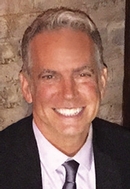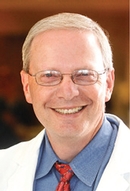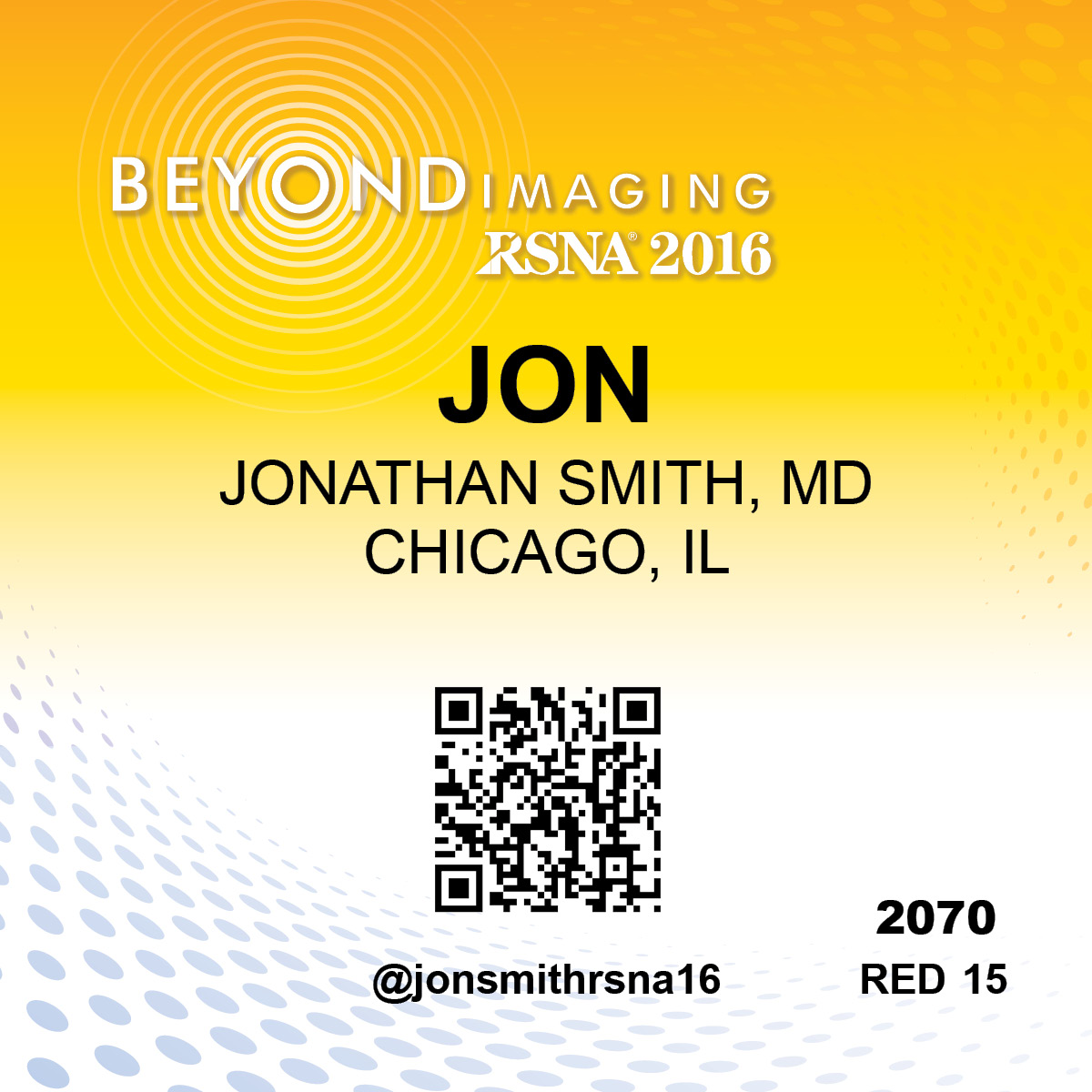Dreyer, Wachter to Discuss the Good and Bad in Radiology's Digital Revolution
Sunday, Nov. 27, 2016
RSNA welcomes Keith J. Dreyer, DO, PhD, and Robert M. Wachter, MD, to Arie Crown Theater today to present lectures as part of the Opening Session, "Digital Revolution in Radiology — the Good and the Bad." The lectures are included in the RSNA 2016 Opening Session, which begins at 8:30 a.m.

Keith J. Dreyer, DO, PhD
Dr. Dreyer's presentation, "When Machines Think: Radiology's Next Frontier," will explore the state of clinical data science in medical imaging and its potential to improve the quality and relevance of radiology as well as the lives of patients. Leaders in radiology must shepherd the innovations of cognitive computing by defining its role within diagnostic imaging, according to Dr. Dreyer, the vice chair of radiology and director of the Center for Clinical Data Science at Massachusetts General Hospital and associate professor of radiology at the Harvard Medical School.
An internationally renowned informatics expert, Dr. Dreyer serves as chair of the American College of Radiology Commission on Informatics. He has lectured worldwide on clinical data science, cognitive computing, clinical decision support, clinical language understudying, digital imaging standards, and implications of technology on the quality of healthcare and payment reform initiatives.
In his lecture, "Hope, Hype, and Harm as Medicine Enters the Digital Age: Lessons From (and For) Radiology," Dr. Wachter will describe what radiologists got right — and wrong — in their computerization journey, and why radiology was, to a large degree, a canary in the digital coal mine.

Robert M. Wachter, MD
Dr. Wachter spent a year studying the digitization of healthcare in researching his 2015 New York Times bestselling book, The Digital Doctor: Hope, Hype and Harm at the Dawn of Medicine's Computer Age, which he says is ultimately a hopeful story. The experiences of other industries demonstrate that it often takes a decade or more to obtain the promised benefits from automation – and that these improvements emerge only after the technology improves and the work has been reimagined for a digital environment.
Dr. Wachter is professor and interim chair of the Department of Medicine at the University of California, San Francisco, where he also directs the division of hospital medicine. Author of 250 articles and six books, he coined the term "hospitalist" in 1996 and is generally considered the father of the hospitalist field, one of the fastest growing specialties in the history of modern medicine. He is past president of the Society of Hospital Medicine and past chair of the American Board of Internal Medicine. In 2015, Modern Healthcare magazine ranked him as the most influential physician-executive in the U.S., his eighth consecutive year in the top 50.




 Home
Home Program
Program Exhibitors
Exhibitors My Meeting
My Meeting
 Virtual
Virtual Digital Posters
Digital Posters Case of Day
Case of Day

